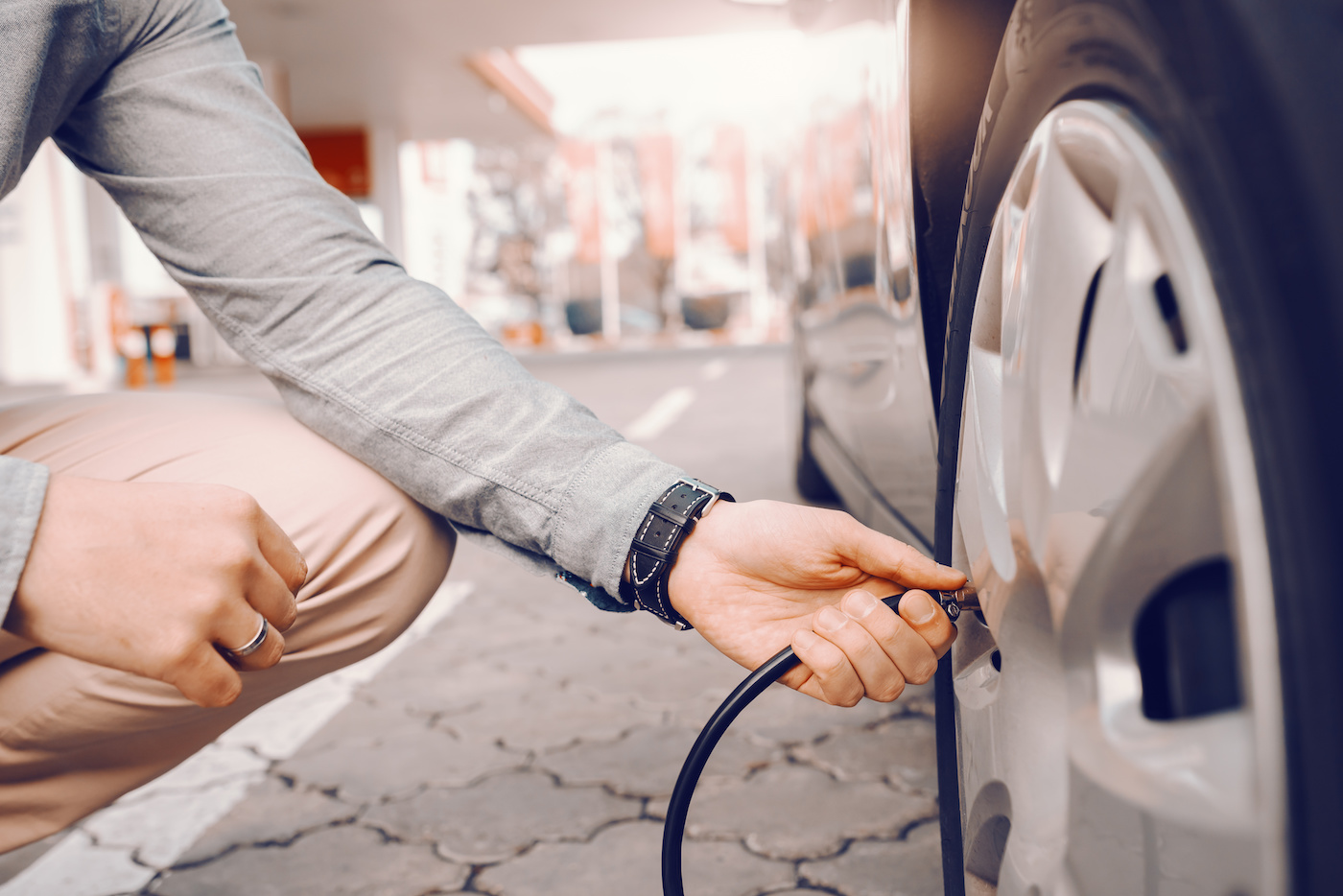Car care is like dental care. If you neglect to brush and floss your teeth, you will end up with cavities down the road. Similarly, if you neglect to maintain your car’s health, you’ll likely have trouble down the road making it “down the road.” While some manufacturers may suggest different specifics for their vehicles, here are some basic guidelines to follow.
Oil and Coolant Levels
Responsible for lubricating moving parts, reducing friction, and preventing damage, checking your oil is a crucial part of vehicle maintenance. As a general rule, we recommend checking your oil and engine coolant levels every three-to-four fill-ups when driving distances. However, when going on long road trips we highly recommend checking it more frequently.
If you have an older car that has a tendency to burn or leak oil, it’s always a good idea to keep a spare quart in your trunk in case you notice your oil level has sunk below the recommended level.
Tire Pressure and Tread Depth
If you are an avid ‘Glassy Blog’ fan like we’re sure you are, you have probably already read the post 8 Items to Always Keep in Your Car. For good reason, a tire pressure gauge is one of those items.
Decreased tire pressure not only reduces your fuel efficiency but is also a major factor in tire failure. A lack of adequate air pressure results in a larger surface area of the tire touching the road, which in turn increases friction. Over time, this will cause your tires to overheat and can result in increased wear, blowouts, or tread separation.
When checking tire pressure is it also important to examine your tires to ensure that there is enough tread, and that is it evenly distributed. If you notice one side has significantly more wear than the other, you may be long overdue for a tire rotation.
Vehicle Lights
When driving a vehicle, your lights are one of the most important safety features at your disposal. Whether braking, getting ready to turn, or simply turning your headlights on, these features not only help you see the road but allow others to safely see you and your intentions.
At Glassy, we recommend that you check your lights every two months, or before any big road trip. If you notice a headlight is out, make sure to get it replaced as soon as possible. Not only does this pose a risk to yourself and others on the road, but it will likely also result in a ticket from your local law enforcement.
Oil & Filter
Motor oil serves many purposes. In addition to lubricating parts, it also traps debris and cools the engine. In the process of performing these tasks, the oil can get very dirty and lose its effectiveness. For older cars, we recommend getting an oil change every 3 months or 3000 miles. However, for newer cars, it may not be necessary as frequently. Many newer cars recommend oil changes every 5-10,000 miles.
Tire Rotation
Due to a difference in movement and functionality, front and back tires age differently. In order to equalize the wear and increase longevity, we recommend getting your tires rotated every 5,000 to 10,000 miles.
Pro tip: Getting your tires rotated every other time you get an oil change is a great way to make sure your tires are getting rotated correctly.

